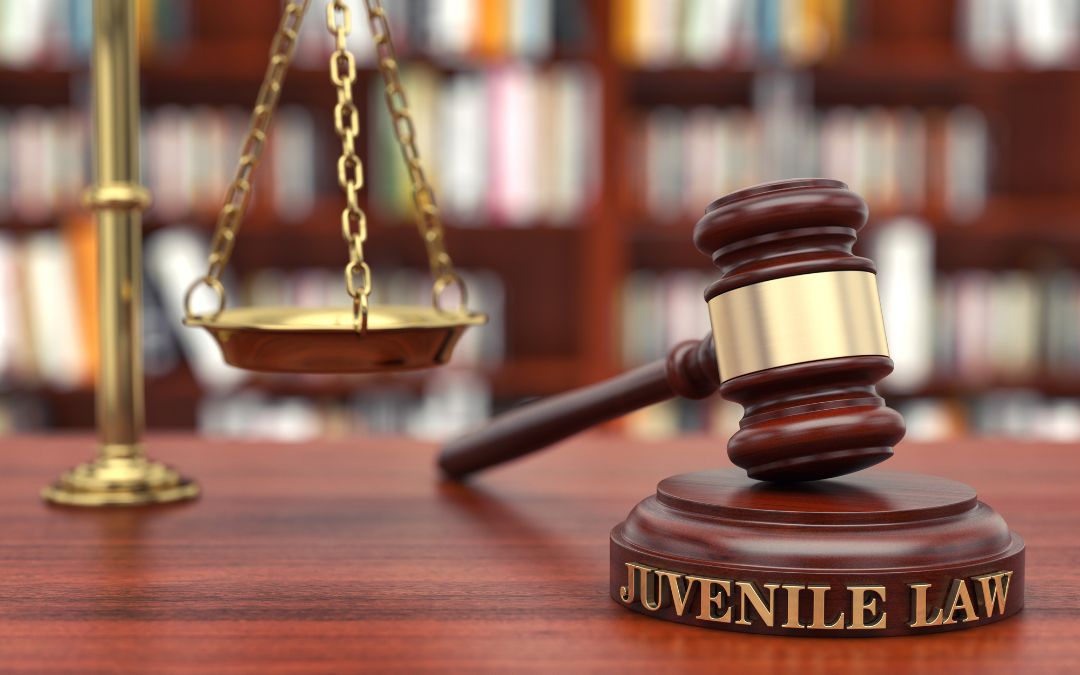
Frequently Asked Questions (FAQs) About Juvenile Law
What are the differences between the juvenile and adult court systems?
The juvenile court system focuses on rehabilitation and diversion from the criminal justice system. Minors are treated differently than adults due to their lack of maturity and development. Key differences include:
- Confidentiality: Juvenile proceedings are usually closed to the public, protecting the minor’s identity and privacy.
- Detention: Minors are placed in secure or non-secure detention facilities, separate from adult jails.
- Adjudication: Hearings are less formal than adult trials, often using a “best interests of the child” standard.
- Dispositions: Sentences or sanctions focus on rehabilitation through probation, community service, counseling, or placement in treatment programs.
This article is for general informational purposes only and is not legal advice. Contact us today to discuss your specific situation.
What are the different types of juvenile cases?
- Delinquency cases: These involve minors who commit acts that would be crimes if committed by adults, such as theft, assault, or drug possession.
- Status offenses: These involve minors engaging in behaviors that are only illegal for minors, such as running away from home, truancy, or underage drinking.
This article is for general informational purposes only and is not legal advice. Contact us today to discuss your specific situation.
What are the legal rights of a juvenile during police questioning and arrest?
Juveniles have the same basic rights as adults, including the right to remain silent, an attorney, and to know the charges against them. However, minors may not fully understand these rights and require an advocate to ensure they are protected.
This article is for general informational purposes only and is not legal advice. Contact us today to discuss your specific situation.
What happens during a juvenile delinquency hearing?
A delinquency hearing is similar to a trial but less formal. The prosecutor presents evidence of the alleged offense, and the defense argues on the minor’s behalf. The judge determines whether the offense was committed and decides on an appropriate disposition.
This article is for general informational purposes only and is not legal advice. Contact us today to discuss your specific situation.
What are the possible consequences of a juvenile delinquency adjudication?
The consequences depend on the severity of the offense, the minor’s prior record, and their age. Possibilities include:
- Probation: Supervision by a probation officer with conditions like curfew or community service.
- Juvenile detention: Placement in a secure facility for a set period.
- Placement: Living with a foster family or treatment program for longer-term rehabilitation.
This article is for general informational purposes only and is not legal advice. Contact us today to discuss your specific situation.
Can a juvenile record be expunged or sealed?
In many cases, juvenile records can be expunged or sealed after a certain period, removing them from public access. This can help minors avoid future stigma and barriers to employment or education.
This article is for general informational purposes only and is not legal advice. Contact us today to discuss your specific situation.
Can a juvenile case be transferred to adult court?
Yes, under certain circumstances, a juvenile case can be transferred to adult court. This usually happens for serious offenses or if the court believes the youth poses a significant threat to public safety.
This article is for general informational purposes only and is not legal advice. Contact us today to discuss your specific situation.
What are the legal options for parents dealing with a troubled child?
Parents can seek help from various resources like family counseling, social services, or mental health professionals. Depending on the situation, they may also need to navigate the juvenile court system or consider guardianship options.
This article is for general informational purposes only and is not legal advice. Contact us today to discuss your specific situation.
What resources are available to help juveniles and their families?
Many organizations offer support and guidance for juveniles and their families, including legal aid, advocacy groups, youth shelters, and mentorship programs. These resources can provide valuable assistance during difficult times.
This article is for general informational purposes only and is not legal advice. Contact us today to discuss your specific situation.
What is the age range for juveniles?
The age range for juveniles varies by state, typically between 16 and 18. In Virginia, for example, a person is considered a juvenile if they are under 18 at the time of the offense.
This article is for general informational purposes only and is not legal advice. Contact us today to discuss your specific situation.
